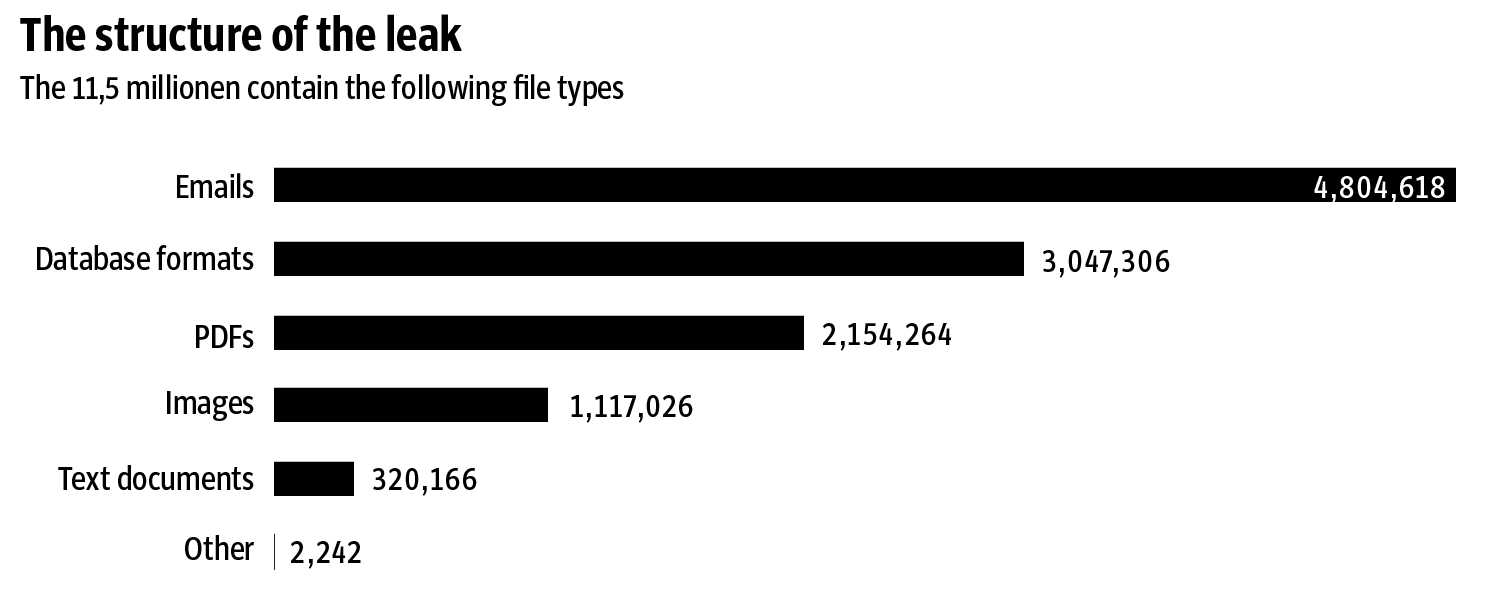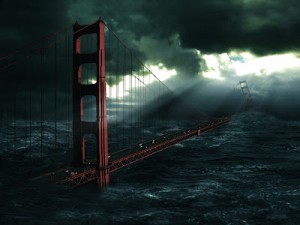I run two Meetup discussion groups. One is a local group for people living in or near Christchurch, New Zealand, where I live. The other is a global group intended for people outside of Christchurch. These Meetup Groups can be found here:
www.meetup.com/christchurch-existentialist-discussion-group/
www.meetup.com/existentialism-discussion-group-international/
Below is a post-meeting comment/discussion regarding a recent meeting. I’m sharing to see if readers here might find this sort of thing of interest. If so, then please consider joining. But, before you do, please carefully read the group’s mission statement to ensure your intents are compatible with ours.
===================
Thanks for sharing your thoughts. They provides a good opening to render much that was obscure in last night’s discussion into a clearer light.
From here on I’m going to refer to Existentialism using a big ‘E’ to prevent excessive typing. I’ll toss in other acronyms as I go along, if they seem helpful.
First, our group is called the “E Discussion Group”. But, that doesn’t imply that everything we discuss is part of, or a reflection of, E theory.
One definition of ‘E‘ I read just now on-line says:
“A philosophical theory or approach which emphasizes the existence of the individual person as a free and responsible agent determining their own development through acts of the will.”
I would also add that Es perceive existence as having no apparent meaning. And that, as a consequence of this, they then grapple with how to accommodate themselves to the situation. I.e., how to cope with Existential Angst.
So, I think we laid a fair bit of stuff on the doorstep of E last night. Stuff that didn’t properly belong there.
So, as I conceive it, E says nothing about whether life and consciousness are good or bad and whether they should be preserved or not. E doesn’t care if we survive here or not. All such is irrelevant from the POV of E because E’s central observation is the apparent meaninglessness of everything.
I liked that someone made the point that ‘existence precedes essence’.
——
Now I’m turning this discussion away from E and into a general discussion.
So, here we are on a small planet somewhere out in the middle of the vastness. We are recently evolved semi-smart monkey-like creatures (RESSMLC) and, by many appearances, we’re well on our way to trashing the only planet/biosphere we have and causing a major reset to ourselves and the other life-forms here.
Existence doesn’t care. It is for me, hard to imagine that existence even knows we’re here.
So, we’re very much in our own self-created mess. And our discussion centered upon how to understand our situation and what, if anything, can be effectively be done about the mess.
We discussed authoritarian (A) vs. democratic (D) governments in relationship to our problem. Some would say that A governments are inherently more effective at getting all the ducks marching in the same direction. But A’s take away too much of our personal freedom to be worth their addition efficiency. Or, as someone said, would life be worth living if we did get humanity into a viable Steady-State Balance with the Planet’s Biosphere (SSBPB) but then we had to live here without any personal freedoms?
The question of getting into a SSBPB and how we govern ourselves are independent issues.
The first issue is utterly stark (unless we hold an optimistic view; such a Logan does). Either we achieve a SSBPB or we suffer a massive an unnecessary planet-wide reset.
The 2nd issue of how we should govern ourselves is much harder to discern or to discuss effectively.
Why? Because we are discussing ourselves. We are the RESSMLC. We do not understand ourselves very well at all.
We discussed benevolent dictatorships and perfectly balanced and fair democracies – as if these ideas were plausible.
I submit that our inherent human natures, shaped as they are by our evolutionary heritages, makes such ideas laughable. Few of our species have risen above simply acting out our biological imperatives to go forth and breed and consume.
The world, as we see it now, with all the various forms of governments, wars and injustices is simply a reflection of how we are now in the aggregate.
We are making progress, as evidenced by the rule-of-law, human rights, democracies and the various personalized and institutionalized forms of compassion we have implemented. But least we get too dazzled by these signs of progress, we only need look around and see how very much of the world is still struggling in darkness.
One said:
“Holding political power is immoral because it necessarily strips the authenticity of individuals by threat of violence or violence itself, and it is this immorality that we must contend with in our actions day to day. The only way to minimize this immorality is through democratic means, spreading political power out and making a more egalitarian society.”
I love this. In the best of possible futures, I see this. Such a system holds the greater good for all of us up as a goal to be manifested.
But I temper my enthusiasm with the observation that to achieve such systems, the implementors will have to intentionally and consciously transcend their own unconscious evolutionarily derived human natures. And, if they implement such systems. they will have to make laws and exert intentional legal force to hold the new structures against the onslaughts of those who still want to have things their own way. Those who want political power, the power of excessive riches, the power to rule over others and the power to insist that their personal views and needs should transcend the greater good for all of us. It will be a very long time before such people go away.
And, in the mean time, the clocks are ticking away as the train we are all on travels steadily toward the brink of a massive global reset.
(See: https://samadhisoft.com/philosophy-index/the-train-ride-to-hell-theory/)
We are, most of us, just Nero fiddling while the fires are gathering in Rome.
——
So, as I’m wont to do, I bring us back to considering what we can change and what we cannot change.
And I bring us back to considering that at the end of all our struggles, what most of us are seeking, in so very many different ways, is a sense of subjective peace for ourselves here in this unfathomable world we find ourselves in.
The only treasure you really have are the years still left to you between now and when you die.
Focus on what you can change and simply accept the rest as it is.
And with what you can change, seek your own subjective peace and self-understanding. That’s not a self-serving as it might sound.
Increasing your own subjective peace inevitably renders you more porous to the others around you. And if your actions make others unhappy, then your newly porous nature will open you to feel what they feel. And any subjective peace you have will lessen as theirs does.

